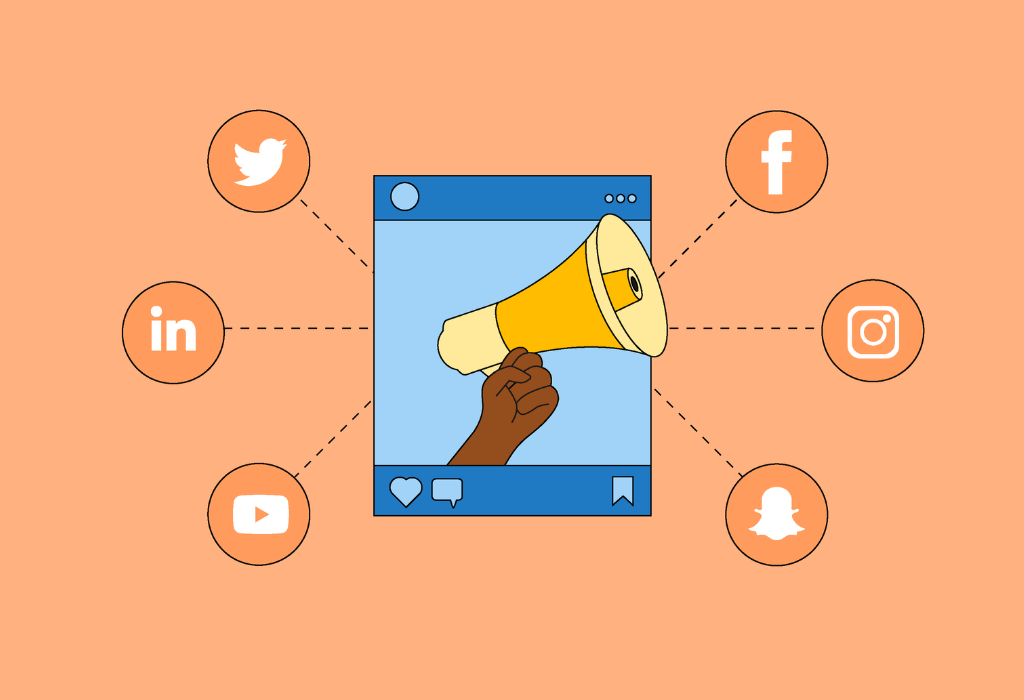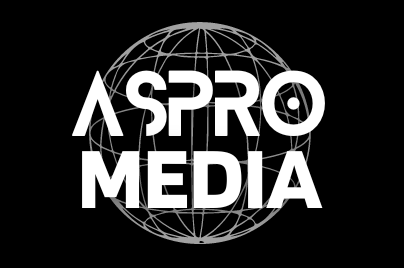traditional marketing strategies often fall short in capturing the attention of modern consumers. influencer marketing increasingly turn user to social media and online platforms for information and entertainment, brands are presented with a unique opportunity: influencer marketing. This article dives into the dynamic world of influencer marketing, exploring its potential to elevate your brand’s visibility, engagement, and growth.
Table of Contents
1. Introduction

In the age of social media dominance, influencers have become the new-age celebrities, wielding immense power over their followers’ preferences and decisions. Influencer marketing harnesses this power by leveraging the authenticity and trust influencers have cultivated among their audiences.
2. Understanding Influencer Marketing

At its core, influencer marketing involves collaborating with individuals who have a significant online following to promote your brand’s products or services. This strategy taps into the influencer’s ability to connect with their audience on a personal level, making the promotional content feel more like a recommendation from a friend rather than a traditional advertisement.
3. Types of Influencers
1. Micro-Influencers
Micro-influencers are individuals with a smaller but highly engaged and loyal follower base. Their niche expertise and relatable content make them ideal for targeted marketing efforts.
2. Macro-Influencers
Macro-influencers boast a larger following and offer a broader reach. They often cover a range of topics and can effectively amplify brand messages to a wider audience.
3. Celebrity Influencers
Celebrity influencers, as the name suggests, are well-known personalities with massive online followings. While their reach is unparalleled, they might have a less personal connection with their audience compared to micro and macro influencers. you can officially reach influencers on social media sites like Instagram etc.
4. The Power of Trust and Authenticity
In an era plagued by ad fatigue, consumers yearn for authenticity. Influencers, through their genuine interactions and personal stories, establish a sense of trust that traditional ads struggle to achieve.
5. Benefits of Influencer Marketing
1. Enhanced Credibility
Influencers are seen as experts in their niches. When they endorse a product, it lends the brand immediate credibility and trustworthiness.
2. Expanded Reach
Through influencer collaborations, your brand can tap into new follower pools, expanding your reach beyond your usual audience.
3. Targeted Audience
Influencers cater to specific demographics and interests. This precision targeting ensures that your message reaches the right people.
4. Improved Engagement
Influencer content often generates higher engagement rates compared to traditional ads. The interactive nature of comments and likes fosters a sense of community.
6. Crafting an Effective Influencer Campaign

To make the most of influencer marketing, a well-thought-out strategy is crucial.
1. Defining Your Goals
Set clear objectives for your campaign. Do you aim to increase brand awareness, drive sales, or launch a new product?
2. Identifying the Right Influencers
Choose influencers whose values align with your brand. Authenticity is key to a successful partnership.
3. Collaborative Content Creation
Involve influencers in the content creation process. Their unique style should shine through while incorporating your brand’s message.
4. Authenticity and Creative Freedom
Allow influencers creative freedom. Forced content can come across as inauthentic and undermine the partnership’s effectiveness.
5. Measuring Success Metrics
Track metrics like engagement, reach, and conversion rates. Analyzing the campaign’s success helps refine future strategies.
7. Navigating Challenges and Pitfalls
Influencer marketing isn’t without its challenges.
1. Disclosure and Transparency
Ensure influencers clearly disclose their partnerships. Transparency builds trust with both current and potential customers.
2. Aligning Values
Mismatched values between the influencer and brand can lead to negative associations. Thorough research is essential.
3. Finding Balance: Brand vs. Influencer Voice
While brand guidelines are important, stifling an influencer’s unique voice can make the content lose its authenticity.
8. Incorporating Influencer Marketing into Your Strategy
Integrate influencer marketing as part of your overall strategy, complementing other marketing efforts for a holistic approach.
9. Case Studies: Successful Influencer Collaborations
1. Brand Awareness Campaign by Company X
Discover how Company X leveraged micro-influencers to create a buzz around their brand relaunch.
2. Product Launch Partnership with Influencer Y
Learn how Influencer Y’s authentic review and usage of a product resulted in a successful launch.
10. The Future of Influencer Marketing
1. Rise of Virtual Influencers
Virtual influencers, though digital creations, are gaining real followers. Their rise opens up new avenues for marketing.
2. Data-Driven Campaigns
Advanced analytics will drive future influencer campaigns, optimizing strategies for better results.
11. Conclusion
Influencer marketing is no longer an option; it’s a necessity. The power of influencers to shape consumer behavior is undeniable. By carefully strategizing, maintaining authenticity, and embracing emerging trends, brands can tap into the full potential of influencer marketing. click here to know more about digital marketing.
FAQs (Frequently Asked Questions)
Q1. Is influencer marketing suitable for all types of businesses?
Influencer marketing can benefit a wide range of businesses, but it’s essential to align with the right influencers and target audience.
Q2. How do I measure the ROI of influencer marketing?
ROI can be measured through various metrics such as engagement rates, increased website traffic, and direct sales attributed to the campaign.
Q3. What mistakes should I avoid when working with influencers?
Avoid micromanaging influencers, neglecting clear disclosure, and partnering with influencers whose values don’t align with your brand.
Q4. Are celebrity influencers always better for campaigns?
Not necessarily. Micro and macro-influencers often have a more engaged and niche-specific audience, leading to higher conversion rates.
Q5. How can I ensure the authenticity of influencer content?
Grant influencers creative freedom, allowing them to incorporate your brand naturally into their content style.


[…] Emotions play a pivotal role in consumer decision-making. By creating emotionally charged content, marketers can forge a connection with their audience, making them more likely to convert. explore the power of Influencer Marketing […]